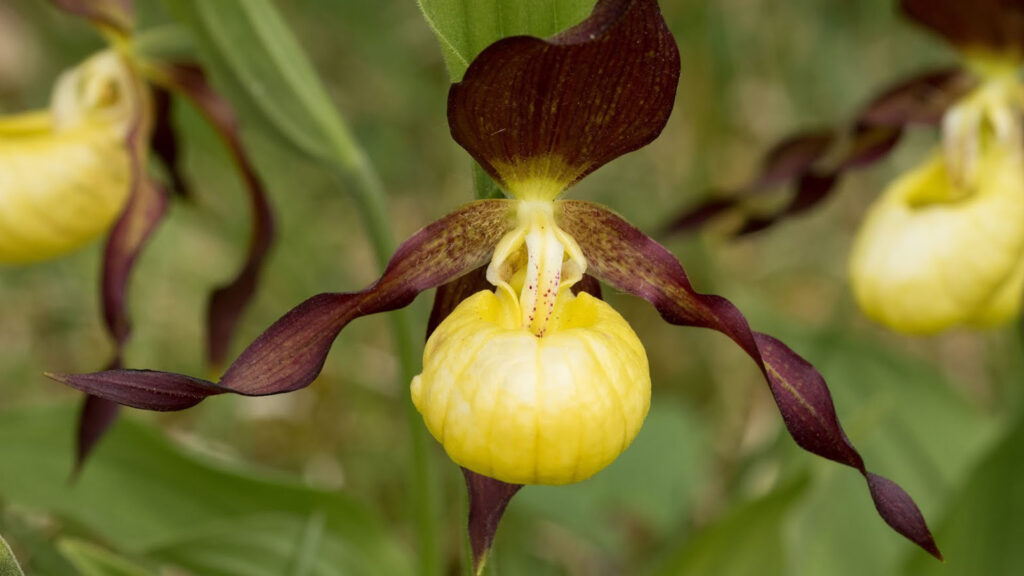The Covid-19 pandemic has led to the emergence of various hobbies, including the care of plants. In the Philippines, being a Plantito or Plantita is a source of pride, as plant care stands out as one of the most expensive and popular hobbies in the country. However, it’s crucial to recognize that not all “rare” or “exotic” plants are suitable for collection; some pose hazards that could jeopardize your well-being! Not in the literal sense, acquiring and possessing these plants might expose you to various legal issues and, consequently, significant headaches. Save yourself from such troubles by familiarizing yourself with the 12 plants that you should absolutely avoid having:
- Slipper Orchid – Despite its enchanting pattern and delightful colors, it’s essential to leave this orchid alone as it belongs to the critically endangered species.
- Tiger Orchid – While this plant could serve as an excellent home ornament, it’s also a critically endangered species that one should refrain from handling.
- Giant Staghorn Fern – Although the admiration for having this plant may be immense, it’s crucial to note that, being a critically endangered species, it could also lead to significant legal troubles.
- Bantigi -Including this endangered plant species in your collection is not part of going green, so steer clear of it to avoid legal complications.
- Sander’s Phalaenopsis – Bringing this plant into your home may not yield positive consequences, as it is an endangered species protected by the government.
- Sandaoua – Resist the temptation to add this beautifully exotic plant to your prized collection, as it is another endangered plant species that should not be exploited.
- Mrs. Sander’s Dendrobium – This flora is a vulnerable plant species that should be safeguarded rather than owned.
- Lipstick Plant – Facing legal repercussions for touching a vulnerable plant species won’t let you paint the town as red as this plant.
- Pitcher Plant – While having such a unique plant at home is cool, using a vulnerable plant species like this for mere clout and visual pleasure is not recommended.
- Cherub Orchids – Removing this wild plant species from its natural habitat can result in consequences far from angelic, despite its name.
- Coelogyne sparsa – This wild plant species, without a common name, may be visually appealing from within our homes, but it belongs to the wild. Do not disturb it.
- Begonia – This wild plant species concludes our list of plants that should never be owned. People who exploit plants like this should be discouraged.
According to RA 9147 or the Wildlife Resources Conservation and Protection Act, trading, transporting, collecting, hunting, and possessing wildlife like the ones mentioned above is ILLEGAL. Offenders may face fines and imprisonment based on the severity of their actions.
It is crucial to be well-informed about these matters. By doing so, you not only avoid the hassle and disheartening consequences of lawsuits but also contribute to the protection of Philippine wildlife. So, READ UP and share your plant collection responsibly!











